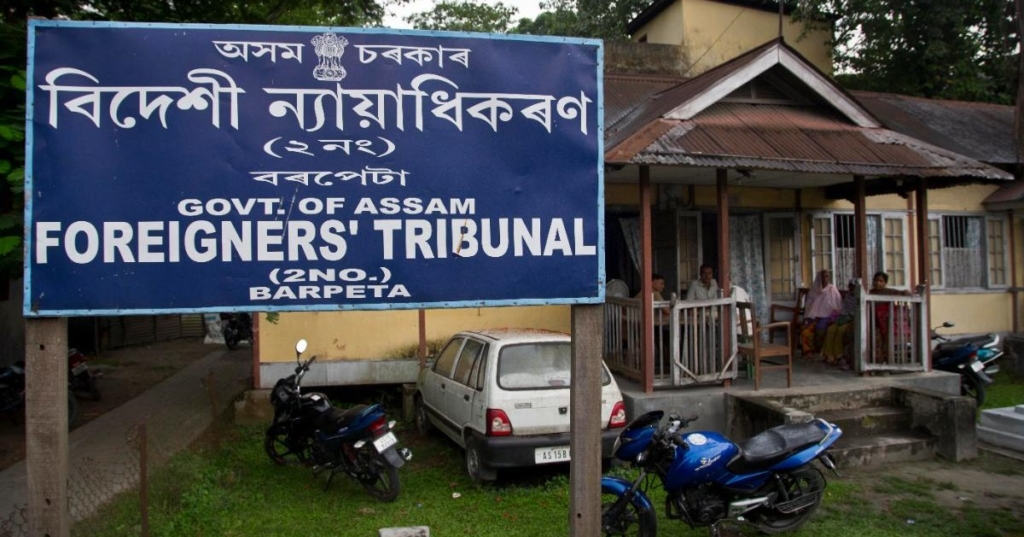This is the story of Khairan Nessa a.k.a Moyran Nessa, a woman from Assam who was declared foreigner when an FT ruled that she was not the daughter of her ‘projected’ father.
Her troubles began way back in 1998 when a case was registered against her under the provisions of the (now scrapped) IMDT Act.
Now that the final NRC has been published, and 19,06,657 people have been excluded from the final list, CJP’s campaign has become even more focused. Our objective now, is to help these excluded people defend their citizenship before Foreigners’ Tribunals. For this we have already started conducting a series of workshops to train paralegals to assist people at FTs. We will also be publishing a multi-media training manual containing simplified aspects of legal procedure, evidentiary rules, and judicial precedents that will ensure the appeals filed against the NRC exclusions in the FTs are comprehensive and sound, both in fact and in law. This will assist our paralegals, lawyers and the wider community in Assam to negotiate this tortuous process. For this we need your continued support. Please donate now to help us help Assam.
The Superintendent of the Border Police referred her case as she was suspected to have infiltrated into India from the ‘specified territory’ of Bangladesh. But after the IMDT was scrapped, Nessa’s case was transferred to a Foreigners’ Tribunal in Barpeta. Here, Nessa submitted the following documents to prove her citizenship:
- Voters’ Lists of 1970 and 1997 and 2008
- Copy of Voter ID
- Gaonburah certificates
- Copy of ration card
- Copy of land sale deed
- Copy of revenue receipt
But despite this the FT ruled against her claiming that she was unable to prove that the man who had been ‘projected’ as her father was indeed her father. Nessa’s father’s name has variously appeared as Khalek Ali, Abdul Khalek and Khalek Akand in different documents. The discrepancy was spotted in the Gaonburah certificates. Before her marriage, Nessa used to live with her parents in Sunbari village in Kamrup district. After marriage she moved to Gobardhan village in Baksha district. There were also discrepancies in the Voter ID as well as land sale deed.
Therefore, on September 25, 2018, the FT ruled against her. She subsequently moved Gauhati High Court. In a second blow to Nessa, even the HC concurred with the findings of the FT and ruled against her.
It is however pertinent to note that culturally people from the Assamese Muslim community often have nick names or variations of their names that they end up using in their documents. Therefore, though it is understandable that a discrepancy in the recorded name can cause confusion and people should try to maintain consistency in the name used in their documents, this cultural element needs to be taken into consideration while deciding the fate of unlettered people from marginalized backgrounds.
The Gauhati HC order may be read here:
Related:
Mere absence after filing documents not justification for FT order against proceedee: Gauhati HC
Person with two names confuses NRC officials
(Feature Image Courtesy – India Today)

